Types of Stones
Choosing the right type of stone for your project is crucial for achieving both aesthetic appeal and durability. Cole and Brothers Marble and Granite offer a diverse range of stones, each with unique characteristics. Granite, known for its hardness and resistance to scratches, is an excellent choice for kitchen countertops. Marble, with its timeless elegance, is often preferred for bathroom vanities and flooring. Quartz, an engineered stone, combines the beauty of natural stone with enhanced durability. To ensure the longevity and pristine appearance of your chosen stone, proper care is essential. Regularly clean surfaces with a mild, pH-balanced cleaner to avoid etching and staining. Use cutting boards and trivets to protect against scratches and heat damage. Sealing natural stones like granite and marble periodically adds an extra layer of protection. Cole and Brothers Marble and Granite prioritize not just providing quality stones but also guiding you in the proper care to maintain the beauty of your investment for years to come.
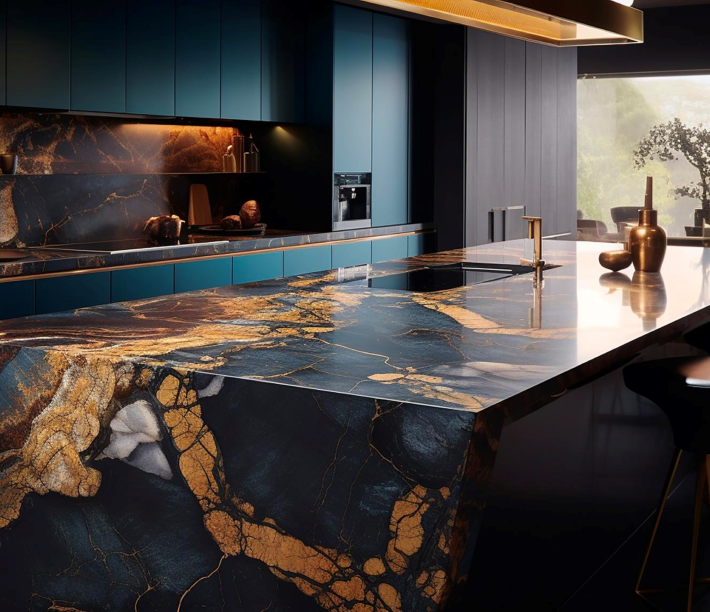
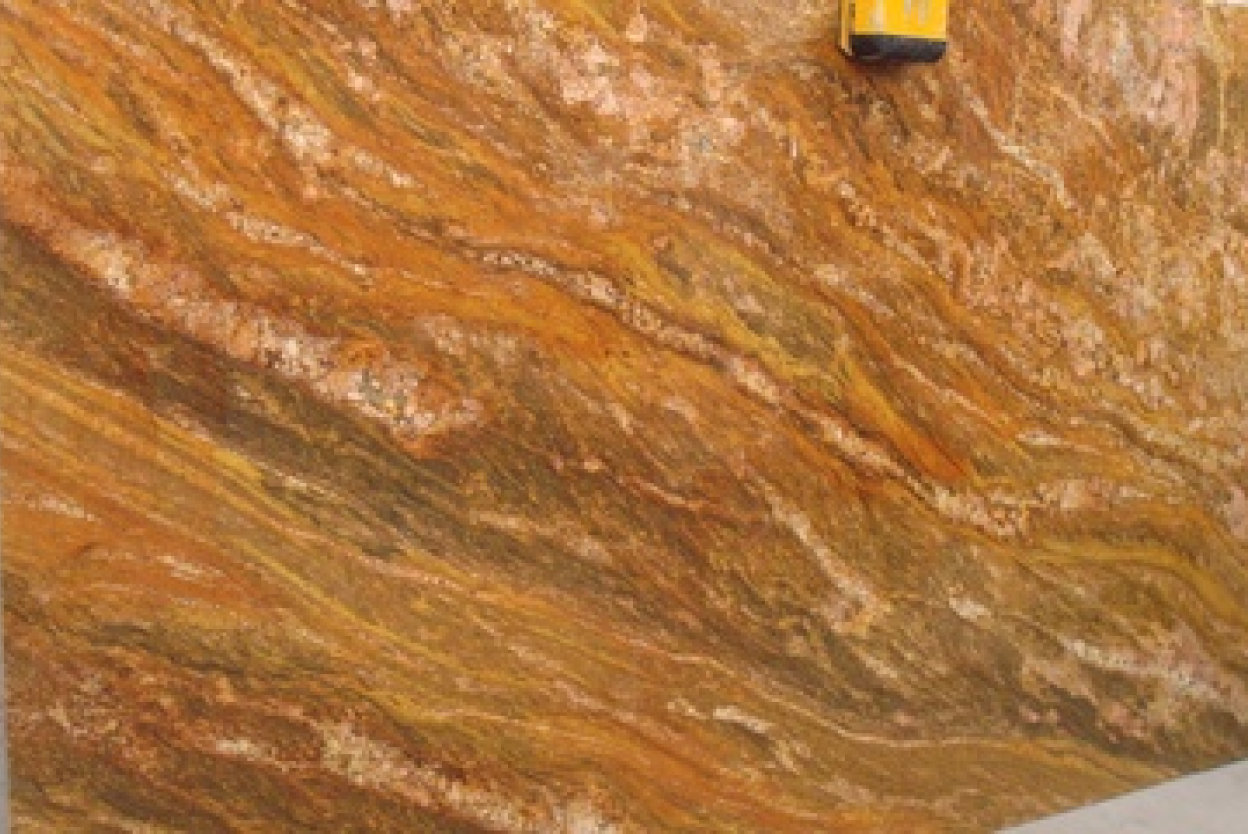
Granite
Granite is an igneous rock formed from the solidification of magma deep in the earth. It contains 45 to 65% silica(quartz) and the remaining minerals are mostly feldspar, mica and iron ores. The minerals found in igneous rocks are usually dense and packed tightly due to the there formation under extreme pressures and heat. Most granites are resistant to abrasion, weathering, and chemicals. Granite is used in all areas including kitchens, bathrooms, fireplaces, and for exterior applications.
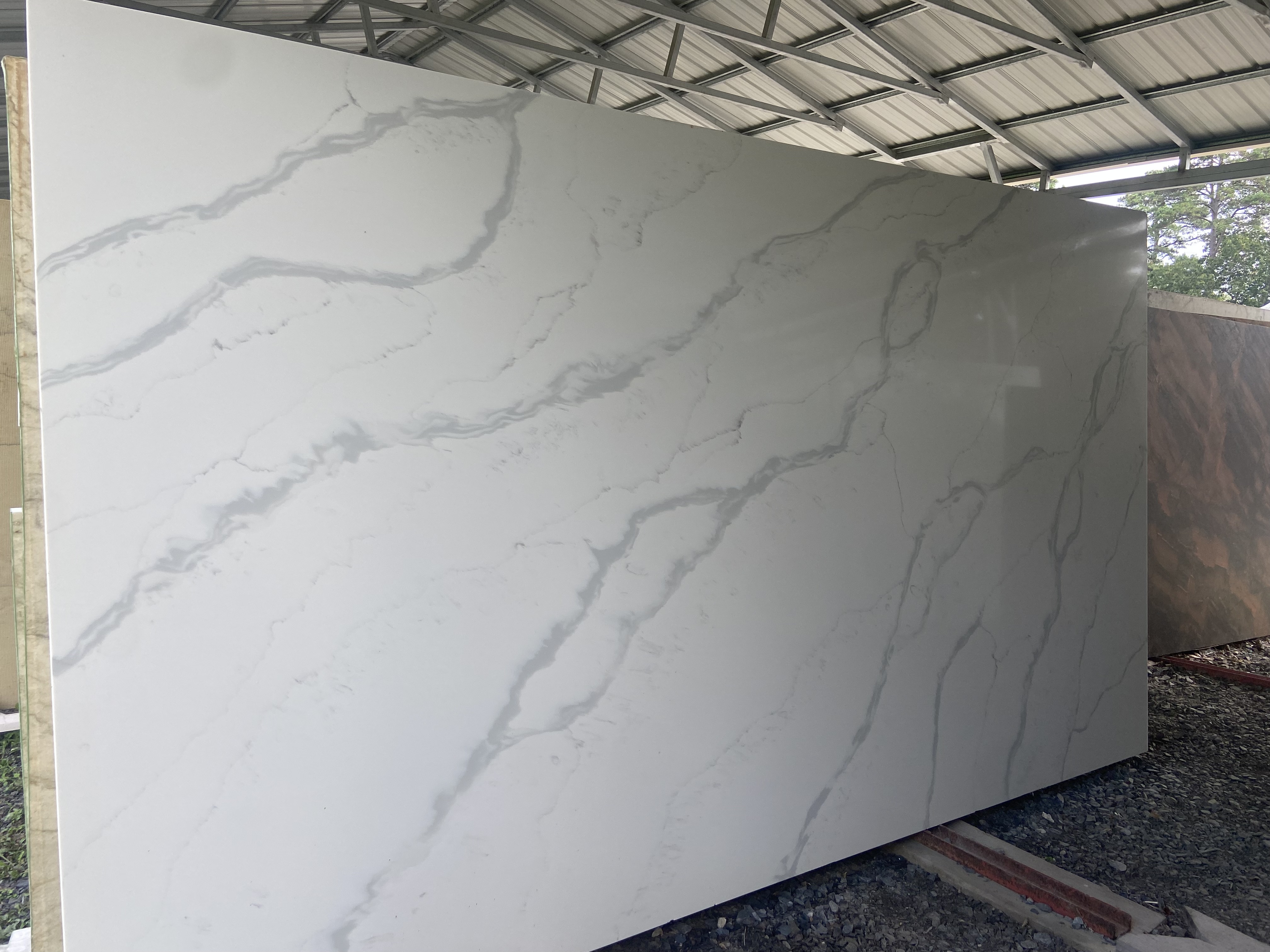
Marble
Marble is a metamorphic rock consisting of coarse grained recrystallized calcite. Most marbles were originally limestones that underwent tremendous pressure and heat, causing the limestone to melt then recrystalize. In most cases the resulting stone, marble, is more dense and durable than limestone. Overall marble does scratch and is susceptible to acid etching (marks left by acidic products like orange juice, coffee, wine etc.). Marble has been used for thousands of years, can be refinished, but often the wear of marble is considered to be part of the beauty.
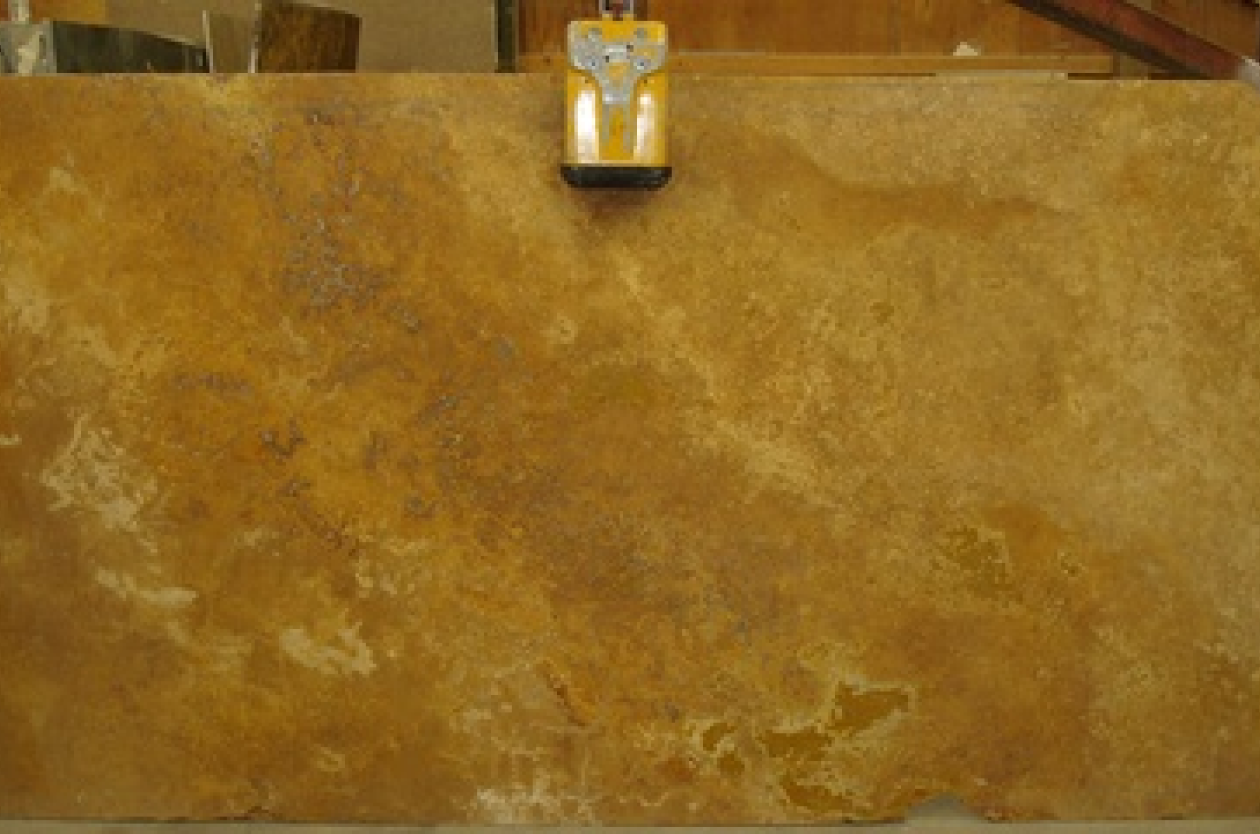
Limestone
Limestone is a sedimentary rock consisting chiefly of the mineral calcite. Often contains fossils or shell formations, formed as bones and shells of fish accumulated on the sea floor. Ancient sea beds have become hills and mountains, allowing quarrying. Often very dense and durable, limestone has been used for paving, wall cladding, bathroom applications, fireplaces, and some kitchen applications. Like marble, limestone is susceptible to acid etching and scratching so this needs to be taken into account when considering its use.
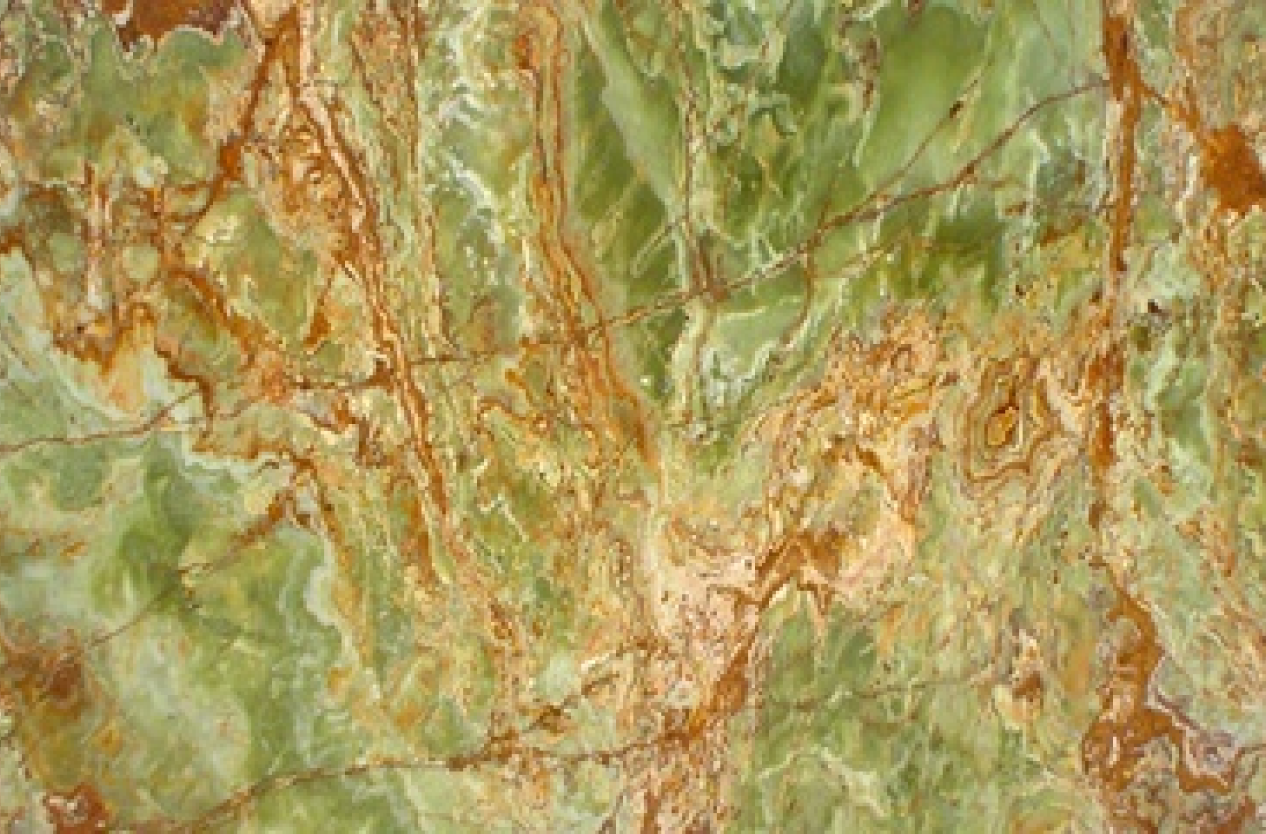
Onyx
Onyx is a compact sedimentary rock that is a type of limestone that formed by evaporation of cold water containing dissolved calcium, leaving a translucent variety of calcite, often in the form of stalagmites and stalactites inside caves. Onyx is extremely dense but lacking in bending strength. It is often used for interior projects like floors, fireplaces, and bathroom applications.
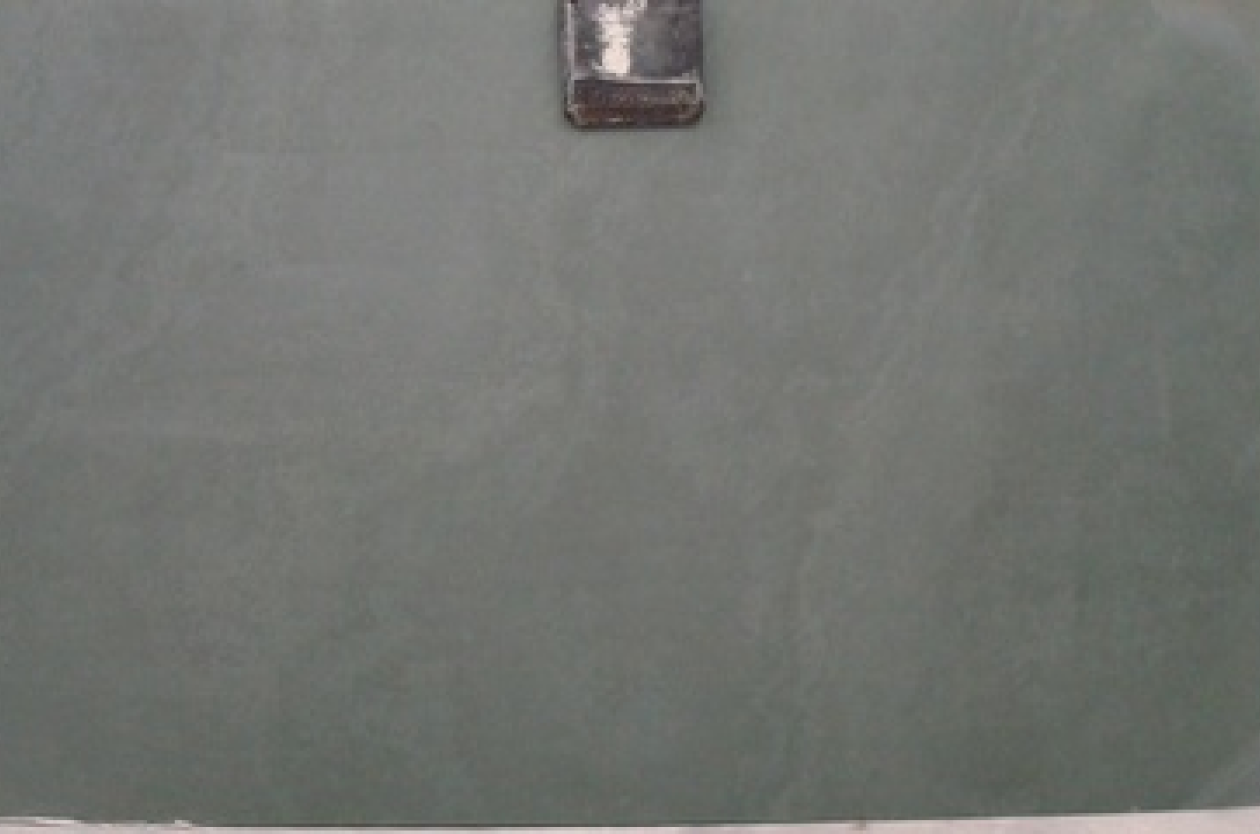
Slate
Slate is a a fine grained, foliated metamorphic rock that is created by the alteration of shale or mudstone by low grade regional metamorphism. It is typically formed in layers and is used for a variety of applications including floors, counter tops, and roofing. Slate does scratch which should be taken into account when using this product.
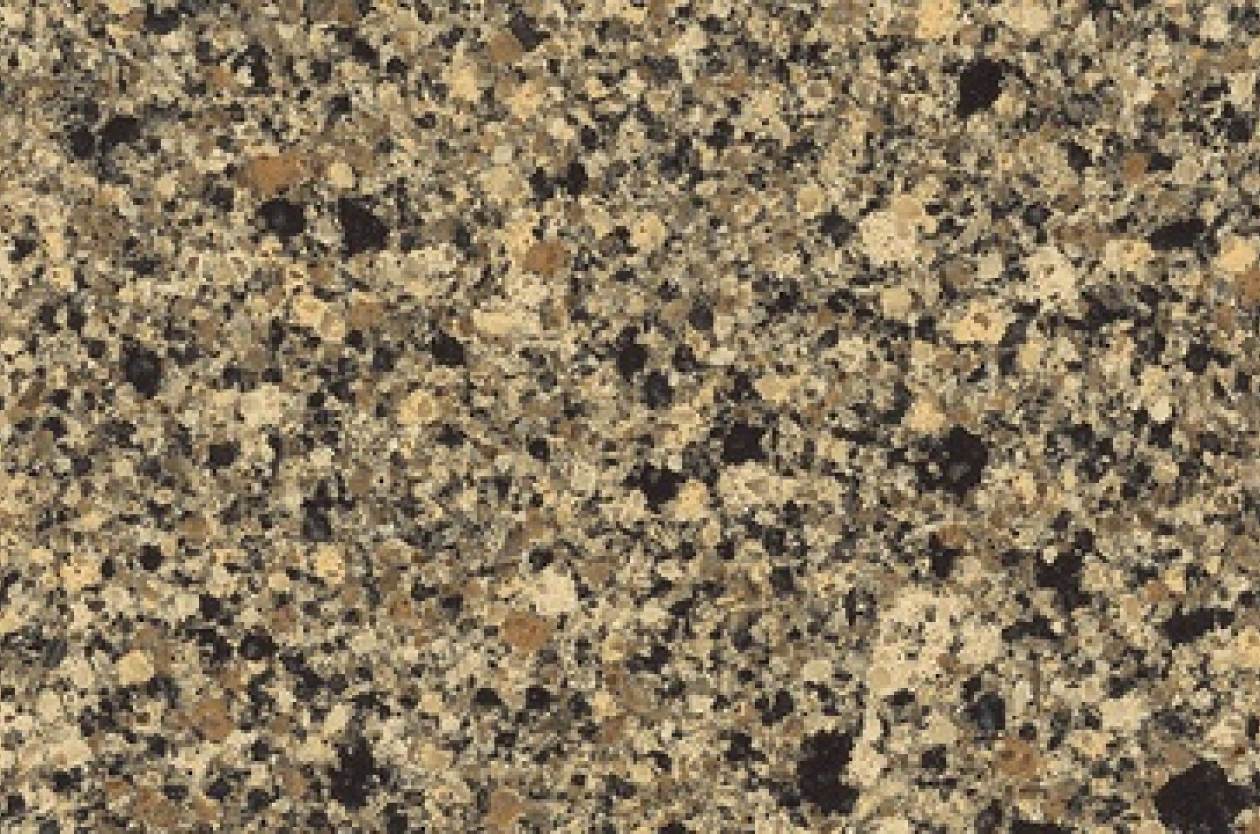
Quartz
The man made quartz products that have become popular over the past ten years are typically formed by 93% ground up quartz with the other 7% of the material consisting of binders and fillers including the resin glue that holds the material together. These materials tend to be scratch and stain resistant but can be burned by high heat from fireplaces and and hot pots. Fading also can occur if the material is used outdoors.
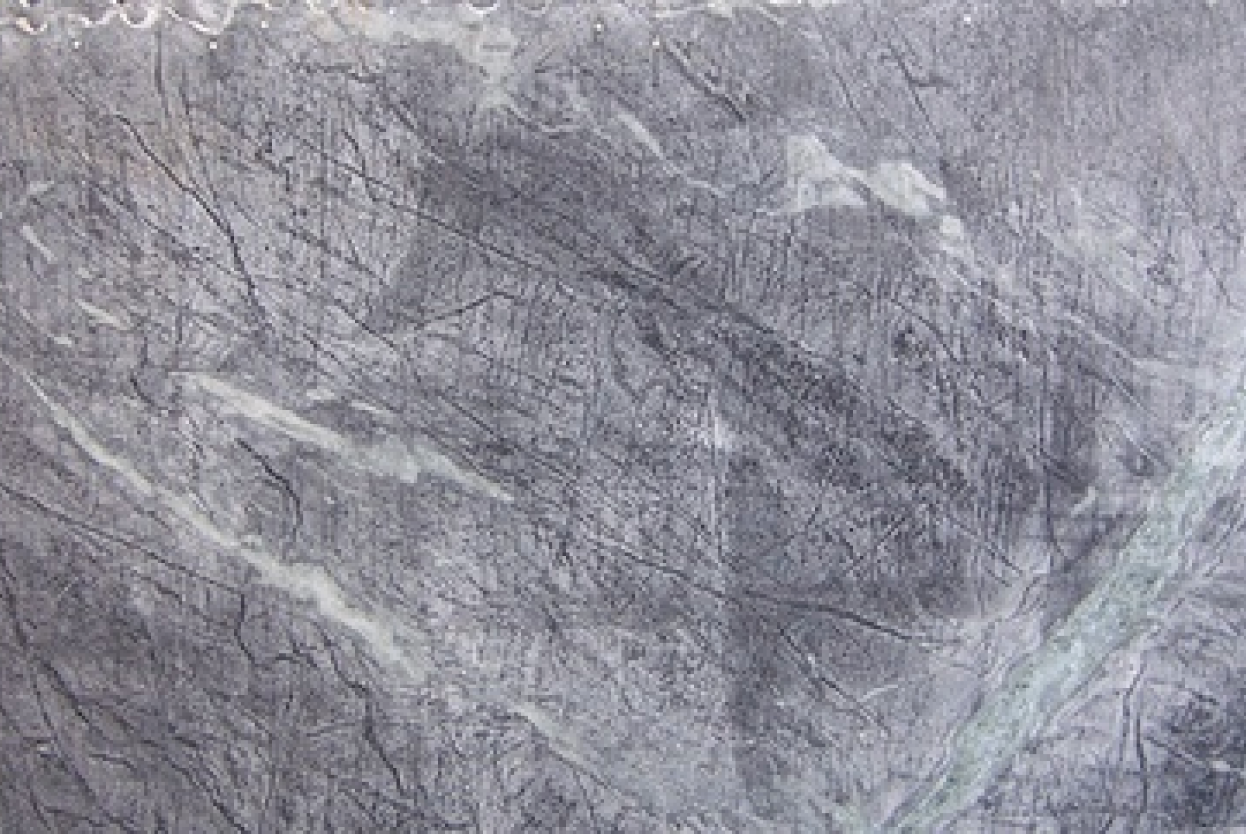
Soapstone
Soapstone is a serpentine containing talc which makes it feel like a bar of soap. The talc also makes it easy to scratch, a characteristic preferred in rustic decor. Often used in chemistry labs where its resistance to acids is important, soapstone has also grown in popularity for use as kitchen counter tops.
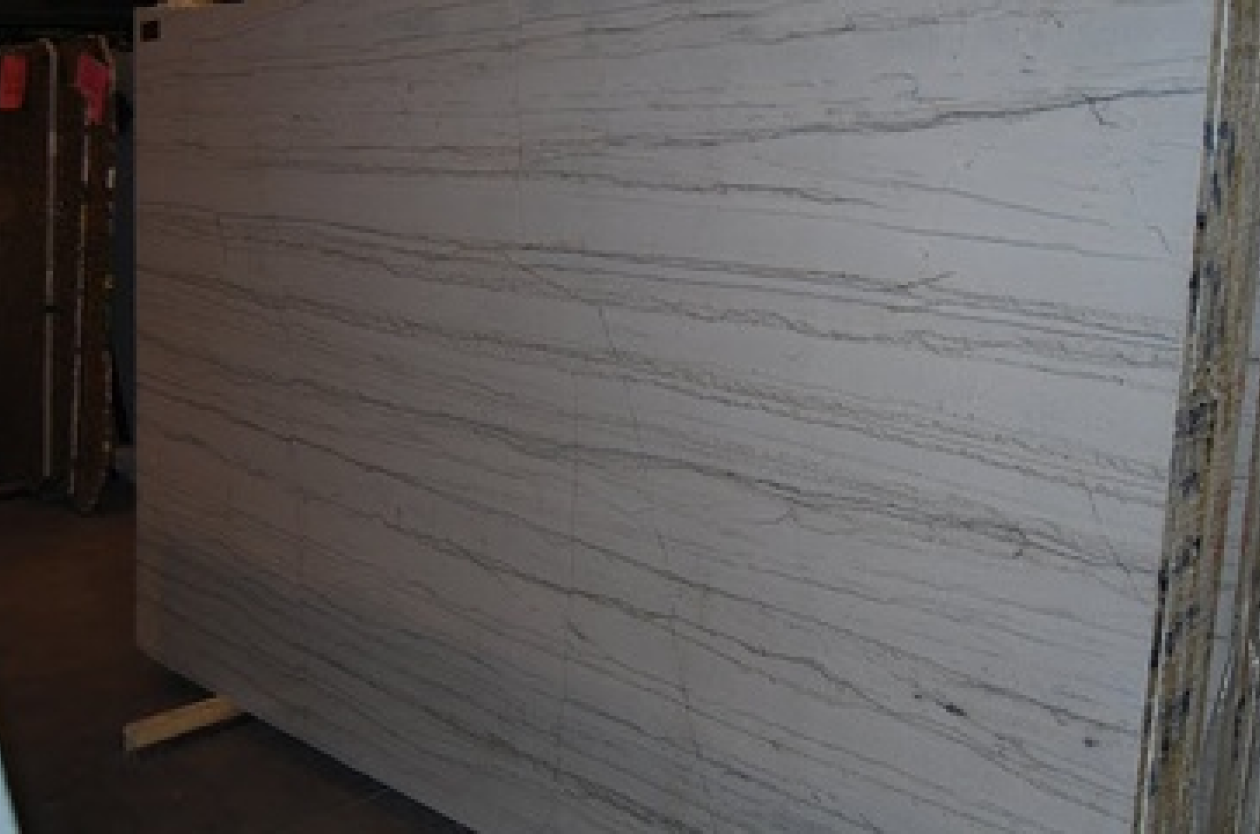
Quartzite
Natural quartzites are sedimentary rocks that are composed of fine grains of quartz sand bonded by a cementing material. Quartzite is usually very dense, hard to scratch and abrasive resistant. It often features complex color and veining patterns similar in appearance to marble but is in fact much harder and less absorbent than granite.